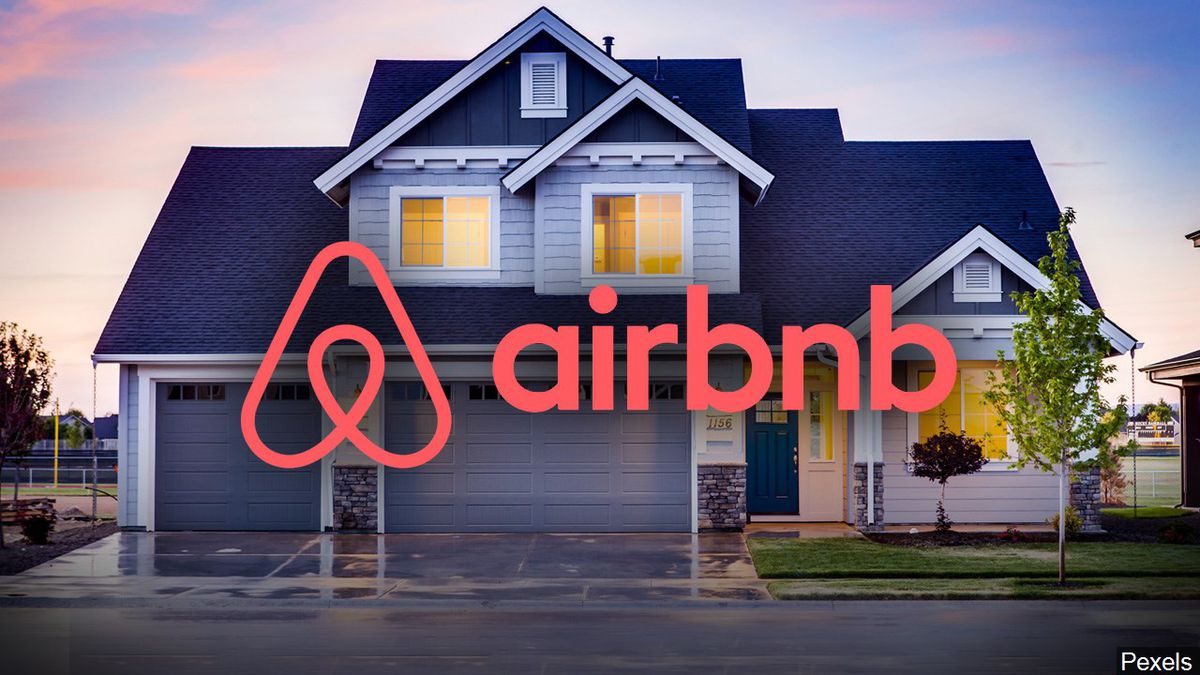With the Airbnb IPO around the corner, there’s going to be a ton of Airbnb hot takes around travel, the founders, the story, the numbers, etc. This post is not a full breakdown/analysis of Airbnb’s S1, in fact, it has nothing to do with the S1 filing at all.
Instead, I wanted to take a minute to talk about Airbnb strictly from a real estate perspective. Understanding the company from this perspective will provide some insight into the true nature of Airbnb’s business and most importantly why I believe it’s the most influential real estate company of all time.
Airbnb’s real estate price impact
Airbnb operates in over 200 countries and 100,000 cities around the world with nearly 6 million listings. This far exceeds many of the largest hotel brands. Marriott, for example, has 7,484 properties in 131 countries. The sheer size of Airbnb’s reach is incredible but the important thing to note is that there is a huge difference between the real estate impact of Marriott’s 7,484 properties and Airbnb’s 6 million.
The vast majority of Airbnb’s listings are single-family residences (SFRs) while Marriot’s properties, like any other hotel company, are purpose-built buildings. While a new hotel in a city may have an indirect price impact on surrounding real estate, Airbnb listings have a direct and instant impact on the price of single-family residences. An Airbnb listing effectively takes a single-family home off the long-term local rental market, and prices it based on the short-term global rental market.
This happens in real-time in nearly 100,000 markets (and increasing) simultaneously. No other company has this much widespread real estate price influence.
Airbnb and the exportation of local residential real estate
Before Airbnb, residential real estate rents (and in turn, prices) were determined mostly by the local economy and demographics.
As mentioned earlier, what Airbnb has effectively done is bring local residential real estate onto the global market, giving every landlord the option to rent locally or list on Airbnb. This means that the rental price floor is no longer based on local rent demand, but rather global rent demand.
Airbnb has enabled local markets to “export” the consumption of their residential real estate to other countries.
This obviously has an enormous impact on local residential real estate prices. A US study found that a 1% increase in Airbnb listings leads to a 0.018% increase in rents and a 0.026% increase in house prices. In Toronto, this has had a massive price impact. So much so that people have organized anti-Airbnb and protest groups.
Airbnb enabling comparative advantage
Many will argue that Airbnb is terrible for a local market as increased real estate prices make it less affordable for local residents. But I look at it from the economic principle of comparative advantage:
A farmer will utilize his land to produce whatever he profits the most from, even if that means exporting everything that he produces to another country rather than serving local demand.
This is still a net benefit to his local economy since the farmer will reinvest and consume his profits in the local economy. And his local economy will import products needed, but doesn’t have a comparative advantage in producing.
It’s a win/win for both local and international markets.
So if a local market has a comparative advantage in exporting residential real estate, Airbnb has made it extremely easy to do so. Overall this makes residential real estate prices more efficient and unlocks significant value on a global scale.
Airbnb’s monopoly real estate network
Steering away from economics, let’s go back to the business side of Airbnb. So now that we better understand Airbnb from a real estate perspective, how do we assess its business model?
Airbnb often gets compared to hotels simply because both are in the travel and accommodation sector. This however is the wrong to look at it, since Airbnb is basically a real estate transaction network that has a global scale. Airbnb gets to collect a tax on the volume of transactions and their ever-growing network effect gives it a virtual monopoly over the exportation of residential real estate.
Airbnb’s business model reminds me of that of a credit card company. Both collect taxes from a global transaction network fuelled by consumption, and both benefit greatly from network effects. The key difference is, Airbnb’s network has significant impacts on a massive asset class (SFRs).
Final thoughts
Airbnb is without a doubt an amazing success story and has changed the face of travel forever. But I feel the company’s impact on real estate and how much it has changed the dynamics of local real estate markets, is often overlooked. It is not just another travel accommodation company.
Understanding Airbnb from a real estate perspective, provides a better view of its business model and its true potential as a company.
Hi there! I’m Jay Vasantharajah, Toronto-based entrepreneur and investor.
This is my personal blog where I share my experiences building businesses, making investments, managing personal finances, and traveling the world.
Subscribe below, and expect to get a couple of emails a month with some free, valuable, and actionable content.





One thought on “Why Airbnb Is The Most Influential Real Estate Company Ever”